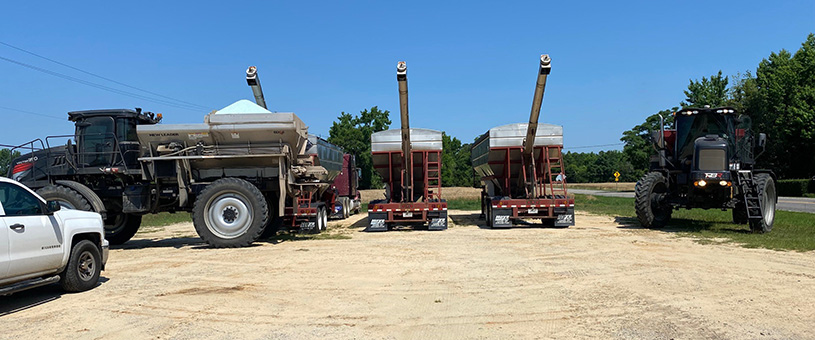Regulation and Certification Programs
Fertilizer Regulatory Program
The Fertilizer Regulatory Program enforces Section 46-25-10 of the SC Code of Laws pertaining to the manufacturing and selling of all commercial fertilizers in South Carolina.
Learn More

Seed Certification Program
The Seed Certification Program serves as a third-party inspection service for crop and turfgrass varieties in order to have the highest quality seed and turf available to the marketplace.
Learn MoreSolar Habitat Certification program
The Solar Habitat Certification Program is a joint program with Clemson Extension and the South Carolina Department of Natural Resources that provides a framework to encourage the planting and maintenance of pollinator habitats at solar farms.
Learn More

